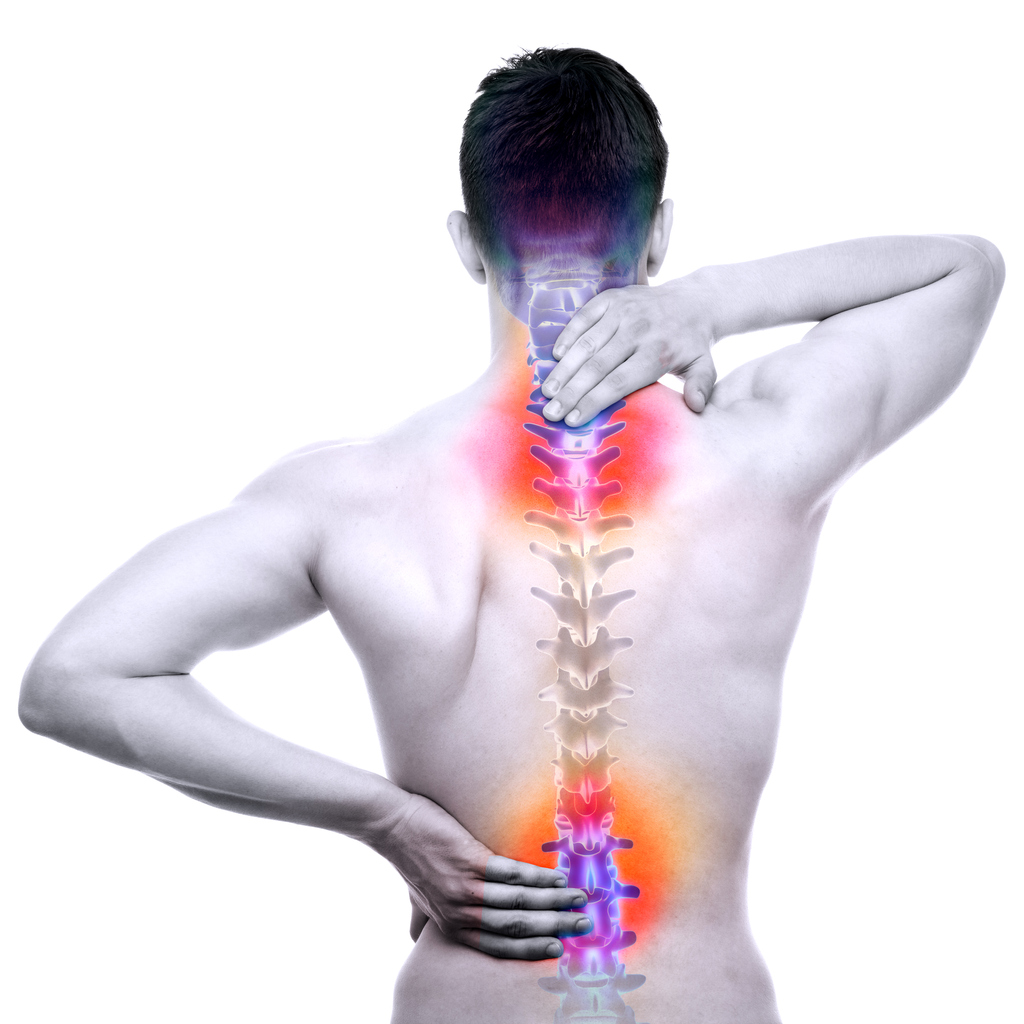A report looking at the spinal specialty in the NHS across England, makes 22 recommendations to improve services, including access to 24 hour MRI scanning in all hospitals for patients with suspected cauda equina syndrome (CES).
Published by the Getting It Right First Time (GIRFT) programme, the report’s author, Dr Mike Hutton, a consultant spine surgeon, notes in the introduction that spinal emergency conditions such as CES, spinal cord injury, infection and trauma “if not managed in a timely manner can have a devastating effect on a patient’s life.
“Cornerstone to the management of many of these conditions is rapid MRI imaging. Whilst MRI scanners are physically present in many hospitals they are not functional out of normal working hours in many trusts through a national shortage of radiographers.”
The same theme is repeated later in the report: “Evidence collected during visits indicates that the principal reason for patients with suspected CES not receiving timely MRI scans is a lack of out of hours radiography support in referring units.
“Without exception, emergency units who performed surgery for CES were happy to accept and interpret an out-of-hours MRI without a radiologist’s report of the scan (this is something which could occur the following day).”
Richard Evans, the Society's CEO, commented "Everyone working in MRI recognises the vital role they play in diagnosing spinal complaints and that early diagnosis can be crucial in enabling surgical interventions that can have life changing consequences,
"We are glad that the GIRFT report highlights the importance of MRI and that investment in the workforce is required to enable more out of hours services," he continued.
"The way that MRI capacity is described in the report betrays a lack of understanding and could be seen as patronising towards a radiology service. This is a shame and I hope that the GIRFT programme will in future take the opportunity to consult with services affected by their reports prior to publication so that the recommendations for improved collaboration in service provision are accessible by the whole healthcare team."
A recent national audit, ENTICE (Evaluation of National Treatment and Investigation of Cauda Equina), collected data across 28 spinal emergency units in the UK and the study found that 63% of referrals to emergency spinal units for suspected CES were made without an MRl.
The GIRFT report recommends that trusts must follow guidance on the management of patients with suspected CES, including urgent referral to a 24-hour MRI scanning service performed locally in the hospital of presentation, ensuring no delay. Radiologists must prioritise these patients in light of the syndrome's severity and the time critical nature of effective treatment.
It also calls for immediate action to implement on-call cover arrangements to support access to 24 hour local MRI scanning.
Download the GIRFT Spinal Services Programme National Specialty Report.
